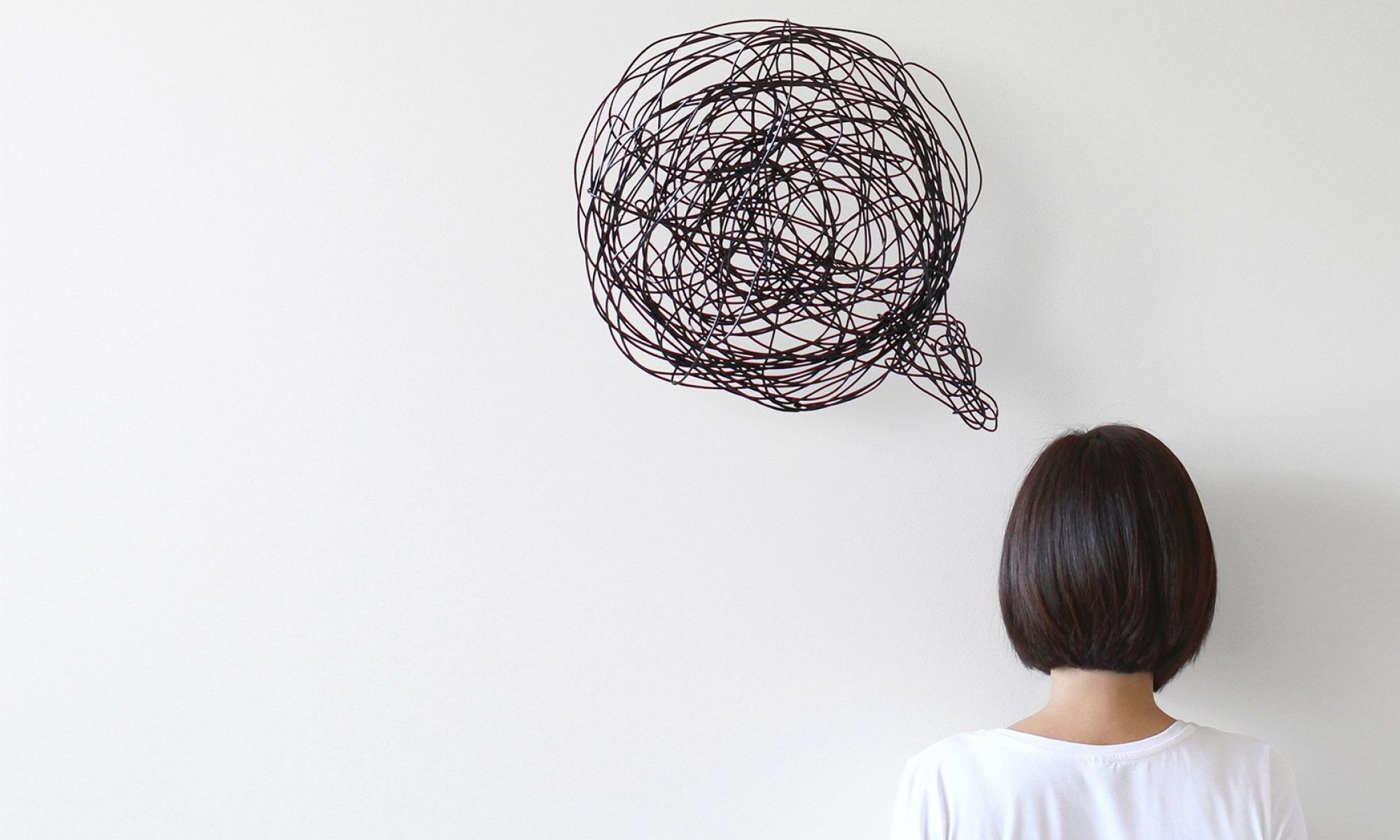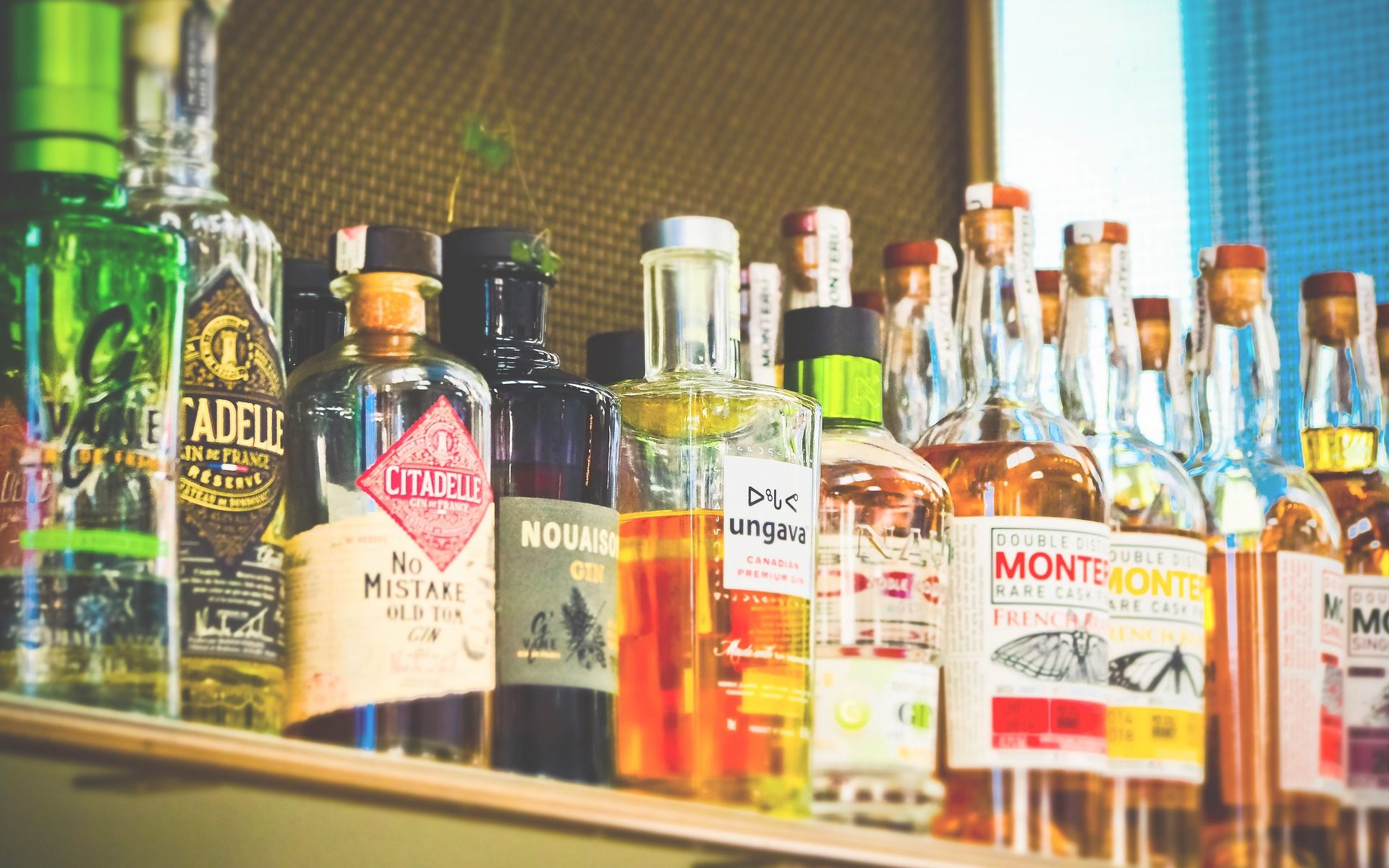Alcohol and Sleep
Alcohol causes drowsiness. This has led to the popular misconception that it can aid sleep. Up to 20 percent of Americans report using alcohol as a sleep aid. However, alcohol negatively impacts the quality of your sleep, as well as how long you can expect to sleep. Alcohol consumption before bed causes interrupted sleep, due to side effects such as night sweats and disturbed REM sleep.
Alcohol dependence and sleep disorders are often co-morbid – people suffer both at the same time. Alcohol-related sleep disorders include insomnia, sleep apnea, and daytime fatigue.
The problem with using alcohol as a sleep aid
Alcohol does reduce the initial amount of time required for you to fall asleep. However, it result in disrupted sleep.
The problem with using one drink as a sleep aid, is that while it may work initially, eventually your body develops a tolerance for it. As a result, you may find yourself needing more and more levels of alcohol in order to fall asleep, which can lead to alcoholism. Using alcohol as a sleep aid is dangerous as it can lead to dependence and even alcoholism.
One drink before bed may not impact sleep quality or length. However, the effects of alcohol on sleep are directly correlated – the more alcohol that is consumed, the worse the effects on sleep.

